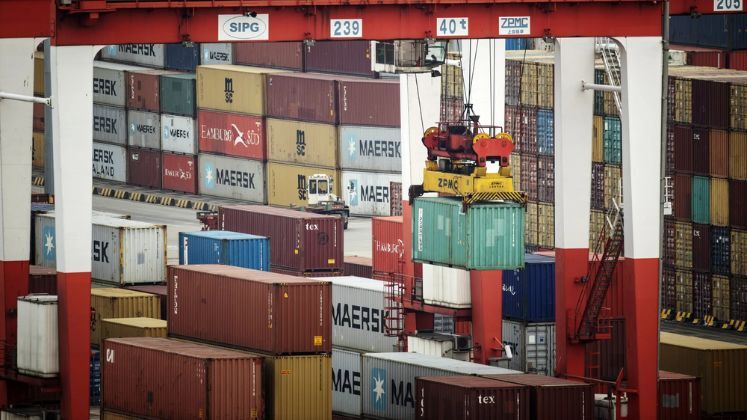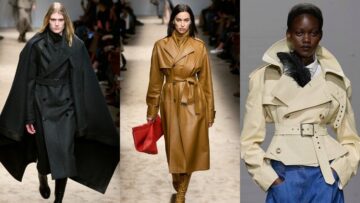
Bangladesh is weighing the possibility of offering zero-duty access to American goods as part of ongoing negotiations with the United States for a reciprocal tariff agreement, officials confirmed on Saturday. This move comes in response to the US decision to reduce tariffs on Vietnamese imports from 46% to 20%, prompting Dhaka to seek similar tariff relief to bolster its exports, particularly in the ready-made garment sector.
The US has indicated its intention to send an annexure document outlining the proposed tariff terms, which Bangladesh officials say will be positively considered once received. However, Dhaka has made it clear that any agreement must be aligned with WTO regulations, stating it cannot adhere to US domestic laws in international trade agreements. The government prefers to sign the deal under the framework of the World Trade Organization.
Commerce Secretary Mahbubur Rahman expressed a generally positive stance, stating, “We have no significant objection to providing tariff concessions on US products.” He added that Bangladesh has already begun initiatives to increase imports of items such as aircraft, liquefied natural gas (LNG), and wheat from the US. “If tariffs on US products are withdrawn, our private sector will be encouraged to boost imports, and there is no fear of domestic industries being harmed,” he said.
When questioned about the conditions outlined in the US draft agreement, the secretary confirmed ongoing negotiations, emphasizing that Bangladesh could not accept certain US stipulations. “We want to proceed within WTO regulations and have informed the US that we cannot carry those conditions,” he said.
Despite these reservations, there is optimism that the US might offer lower tariffs than Vietnam’s current 20% rate for Bangladesh’s exports. The US Trade Representative’s Office (USTR) has indicated it will establish separate tariff rates for Least Developed Countries (LDCs), which could benefit Bangladesh, potentially resulting in a more favorable tariff rate than Vietnam’s.
The US imposed reciprocal tariffs on Bangladesh in April, including a 37% tariff on certain goods. President Donald Trump subsequently extended a temporary suspension of these tariffs, along with a minimum 9% duty, set to expire on 9th July. Vietnam, Bangladesh’s main competitor in US garment exports, saw its tariffs reduced from 46% to 20% after Hanoi lifted tariffs on US goods.
Officials in Dhaka have assured that the proposed 37% tariff on Bangladesh will not be implemented, citing ongoing negotiations with the US. “We inquired about this with USTR officials, who told us it should not happen because discussions are still ongoing,” said the commerce secretary.
Bangladesh has been actively engaged in talks with US officials, including Commerce Adviser Sk Bashir Uddin and National Security Adviser Khalilur Rahman. Positive developments were reported following a meeting in Washington on 3rd July, where both sides agreed that the US would send the annexure document before the next scheduled talks. The subsequent meeting is expected to take place in Washington on 9th or 10th July.
Initially, the commerce secretary was scheduled to travel to the US today to participate in the next round of negotiations. However, the trip was postponed due to the delay in receiving the annexure. “Once we receive the document, I will travel to the US after finalizing Bangladesh’s position in a technical committee meeting,” Mahbubur Rahman said.
Officials noted that the US’s approach to the agreement, starting negotiations with the descriptive aspects before the annexure, differs from Bangladesh’s usual practice of negotiating FTAs and PTAs. They emphasized that Bangladesh is prioritizing its national and export interests, especially for the garment industry, within WTO regulations.
As the talks continue, both countries remain optimistic about reaching an agreement that could provide Bangladesh with more favorable tariff conditions and strengthen bilateral trade relations.






